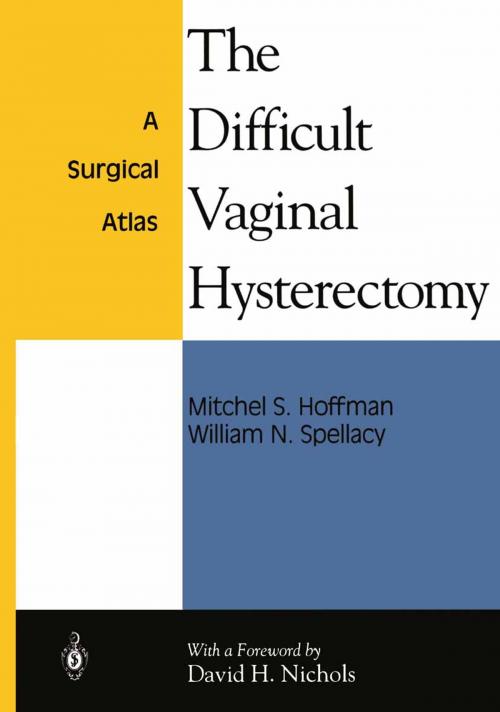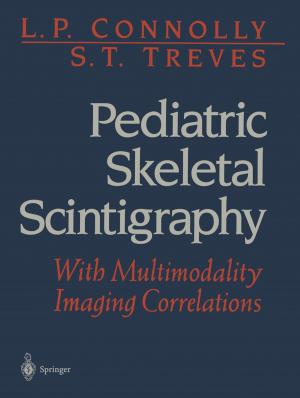The Difficult Vaginal Hysterectomy
A Surgical Atlas
Nonfiction, Health & Well Being, Medical, Specialties, Gynecology & Obstetrics| Author: | William N. Spellacy, Mitchel S. Hoffman | ISBN: | 9781475743234 |
| Publisher: | Springer New York | Publication: | April 17, 2013 |
| Imprint: | Springer | Language: | English |
| Author: | William N. Spellacy, Mitchel S. Hoffman |
| ISBN: | 9781475743234 |
| Publisher: | Springer New York |
| Publication: | April 17, 2013 |
| Imprint: | Springer |
| Language: | English |
Knowledge of and experience with the basic technique of vaginal hysterectomy is not univers al. Each surgeon must learn to identify and appreciate the dimensions of individual variation in anatomic findings and therefore surgical technical decisions and their execu tion from one patient to another. Unexpected surgical difficulty can be predicted, but ultimately it is dealt with retrospectively. Skilled practitioners must study the particular patient and her problem comprehensively and allow for such individual variations in find ings and technical needs as are necessary to the surgical solution for that patient's problem. Recognizing these factors, Drs. Hoffman and Spellacy have orga nized and prepared a comprehensive monograph concerning this very real clinical entity. They have reviewed the experience of con temporary surgeons and blended these recommendations with their own experience in a useful compendium of surgical knowledge about this important subject. Their monograph is recommended not as a replacement for the many other fine surgical texts available to the reader but as a supplement to the surgeon's library. It is for those surgeons who, having mastered the basic techniques, are in terested in extending the frontiers of personal knowledge of this provocative subject and safely broadening the indications for effec tive surgery and reconstruction. David H. Nichols, M.D., F.A.C.S., F.A.C.O.G.
Knowledge of and experience with the basic technique of vaginal hysterectomy is not univers al. Each surgeon must learn to identify and appreciate the dimensions of individual variation in anatomic findings and therefore surgical technical decisions and their execu tion from one patient to another. Unexpected surgical difficulty can be predicted, but ultimately it is dealt with retrospectively. Skilled practitioners must study the particular patient and her problem comprehensively and allow for such individual variations in find ings and technical needs as are necessary to the surgical solution for that patient's problem. Recognizing these factors, Drs. Hoffman and Spellacy have orga nized and prepared a comprehensive monograph concerning this very real clinical entity. They have reviewed the experience of con temporary surgeons and blended these recommendations with their own experience in a useful compendium of surgical knowledge about this important subject. Their monograph is recommended not as a replacement for the many other fine surgical texts available to the reader but as a supplement to the surgeon's library. It is for those surgeons who, having mastered the basic techniques, are in terested in extending the frontiers of personal knowledge of this provocative subject and safely broadening the indications for effec tive surgery and reconstruction. David H. Nichols, M.D., F.A.C.S., F.A.C.O.G.















